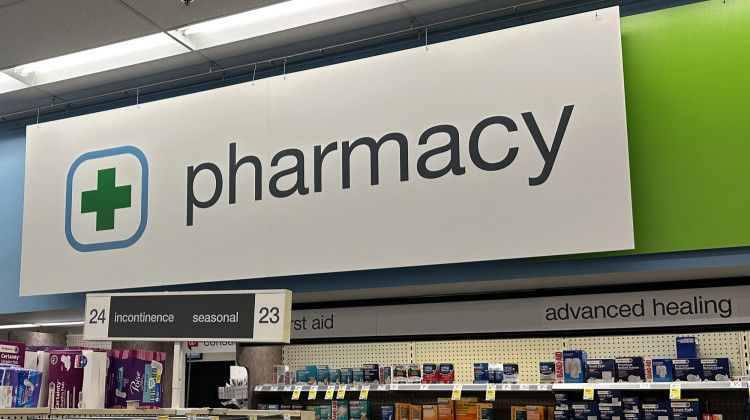The opioid epidemic has ravaged cities across the United States. And just a couple of years ago, Dayton, Ohio, had one of the nation’s worst overdose death rates. Now, overdose deaths have decreased, and Ohioans impacted by addiction are sharing stories of hope.
Side Effects Public Media’s Lauren Bavis spoke with Jess Mador of public radio station WYSO about a special project that featured some of those stories.
This interview has been edited and condensed for clarity.
Lauren Bavis: Tell me about the Recovery Stories project and how that came together.
Jess Mador: WYSO has covered issues related to opioids, but we started asking ourselves how can we cover this crisis differently? How can we get beyond the same old headlines, the same old stories, and how can we create a project that approaches the issue a little bit differently? And that is why we decided to create a project that is all about people telling their own stories.
LB: Something that really stuck me listening to these stories was that they come from all sorts of people from different backgrounds, different races and genders and ages. What were some of the themes that you heard from these storytellers?
JM: One story that comes to mind is from two friends, two women friends, two mothers -- Becky Walsh and Leanna Perez Green. They have dramatically different life stories themselves, but they share something in common, and that is their children’s addiction.
And so here is an example of something that Leanna said which I think really gets to that theme of what parents go through.
Leanna Perez Green: As a parent, it's really hard for me sometimes to live with it. I can't help but feel some responsibility. Like, what did I miss along the way, why did he start using drugs to begin with, what did I not see, what did I not do?
JM: This story is so powerful. This is Lori Yuppa talking about her son who died of an overdose a few years ago. This story really gets at what happens when your child passes away.
Lori Yuppa: My son Chase Cummings was 18. He passed away on Sept. 18, 2012. Now, mind you, he was only doing this for four months, the heroin. He was clean for a couple months and then decided to use and it killed him. Somebody injected him and left him and stole his radio, his wallet and his cell phone. And it's the worst feeling in the world to get a coroner's report on your child, to have the clothes he wore the last night he was alive, or things like that. At first when he passed away, I was like, gosh, why can't I save my child? You're supposed to protect him, but I couldn't.
LB: What’s something that you’d want listeners to take away from these stories?
JM: We had a pair of storytellers -- a daughter-in law named Sarah and her mother-in-law, Kathy -- who shared a really powerful, deeply personal story of addiction and what they’ve gone through as a family. And Sarah, the daughter-in-law, made this point that I felt really reflected, echoed the theme of the entire project, which is really why I launched this storytelling project in the first place. And that was looking at the hidden stories, the often underreported, these stories of family members and loved ones who live with, struggle with a loved one’s addiction.
Sarah Clay: Addiction is a horrible thing. I think families suffer just as much, if not possibly worse than the addict, because the addict’s able to numb; the family's not. They’re being worried that they're going to get the phone call that person's dead. But there is hope and recovery is possible. And it feels good to hear people tell me they're proud of me. People can see the change in me. I'm just completely a different person today. And I like that person.
 DONATE
DONATE









 Support WFYI. We can't do it without you.
Support WFYI. We can't do it without you.